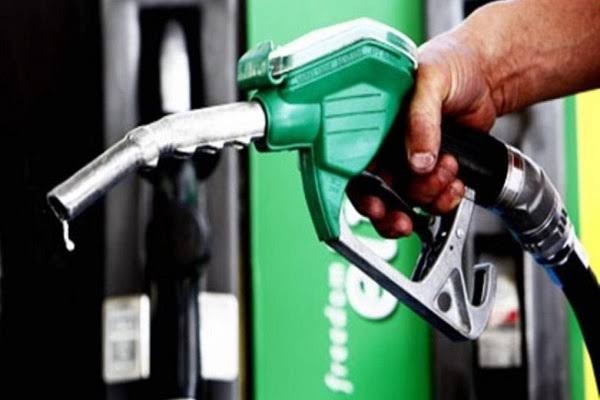The Federal Government announced on Wednesday that Nigeria’s daily petrol consumption has dropped to 50 million litres, with local refineries supplying half of the demand.
The remaining half is being met through imports, though none of the domestic refining companies are involved in the importation process.
Speaking to journalists after a stakeholders’ meeting in Abuja, the Executive Director of Distribution Systems, Storage, and Retailing Infrastructure at the Nigerian Midstream and Downstream Petroleum Regulatory Authority (NMDPRA), Mr. Ogbugo Ukoha, stated that petrol importation remains necessary to prevent shortages in the downstream sector.
“Let me talk briefly about supply. We all experienced a yuletide season without any fuel scarcity. To put things into perspective, from year to year, there was a steady increase in the demand for PMS, particularly in 2021, 2022, and up to early 2023, before the current administration took office.”
During that period, daily PMS supply consistently exceeded 60 million litres, averaging around 66 million litres per day. However, following President Bola Tinubu’s announcement of subsidy removal on May 29, 2023, there was an immediate and sharp decline in consumption.
Since then, daily consumption has remained around 50 million litres, fluctuating slightly above or below that figure. Of the 50 million litres consumed daily, less than 50% is supplied by domestic refineries, while the shortfall is covered through imports in line with the Petroleum Industry Act (PIA).
Additionally, Ukoha announced that the Nigerian Midstream and Downstream Petroleum Regulatory Authority (NMDPRA) has banned 60,000-litre capacity tankers from transporting petrol and other petroleum products, effective March 1, 2025.
Despite opposition from truck owners, the ban has been enforced by the NMDPRA.
The National Association of Road Transport Owners (NARTO) warned last week that the ban on 60,000-litre capacity tankers would result in losses exceeding N300 billion, as over 2,000 such trucks are currently used for transporting petroleum products nationwide.
Ukoha attributed the recent rise in petrol tanker fires to these high-capacity tankers, adding that they also contribute significantly to the deterioration of Nigerian roads.
He further stated, “The key takeaway from today’s meeting—which included representatives from the DSS, FEMA, Federal Fire Service, Road Safety, NATO, NUPENG, MEMAN, PETROAN, IPMAN, DAPMAN, SON, and ONSA—is that starting March 1, 2025, any truck exceeding an axle load of 60,000 litres of hydrocarbons will not be permitted to load at any depot.”
“Let me reiterate, starting March 1, 2025, trucks with a capacity exceeding 60,000 litres will no longer be allowed to load petroleum products at any depot.”
Furthermore, by the fourth quarter of 2025, the transportation of petroleum products using trucks with a capacity greater than 45,000 litres will also be prohibited.








